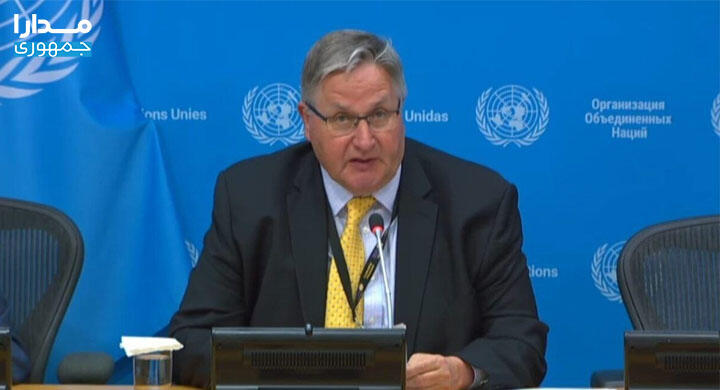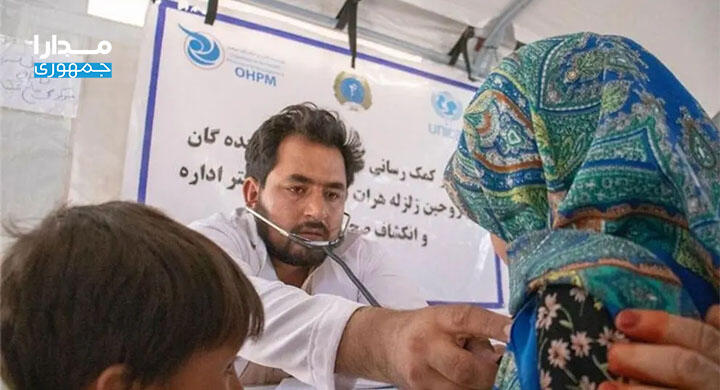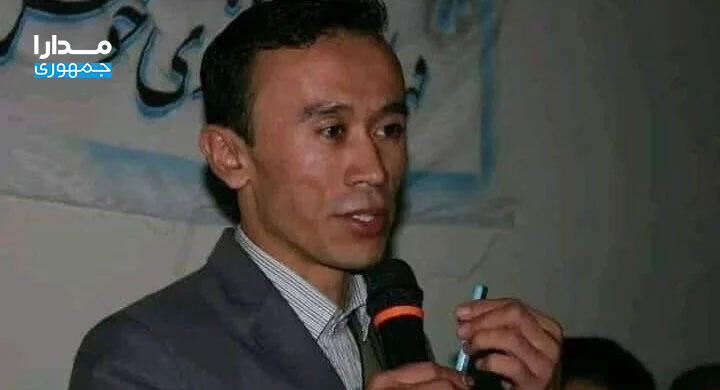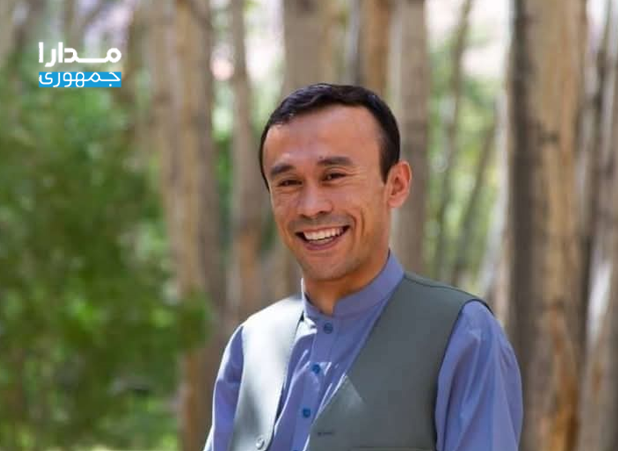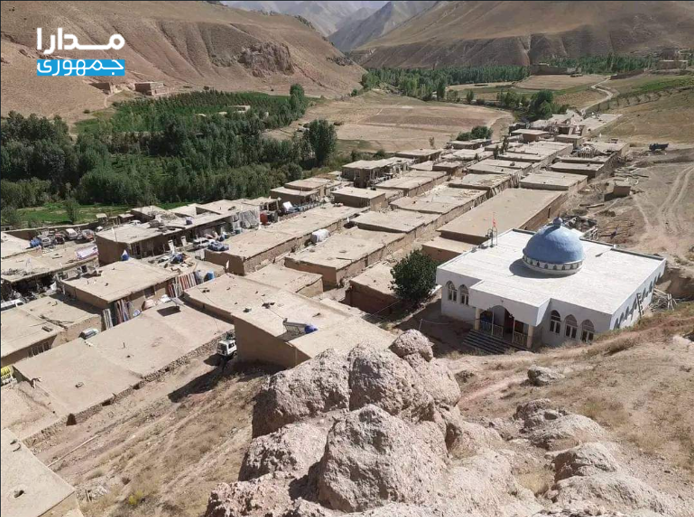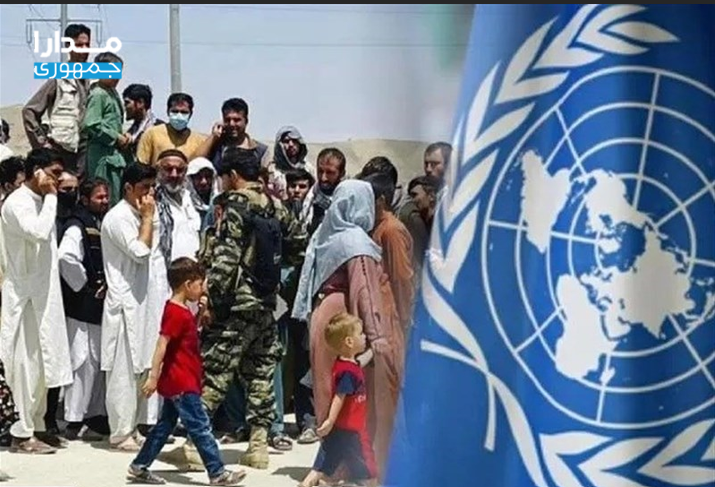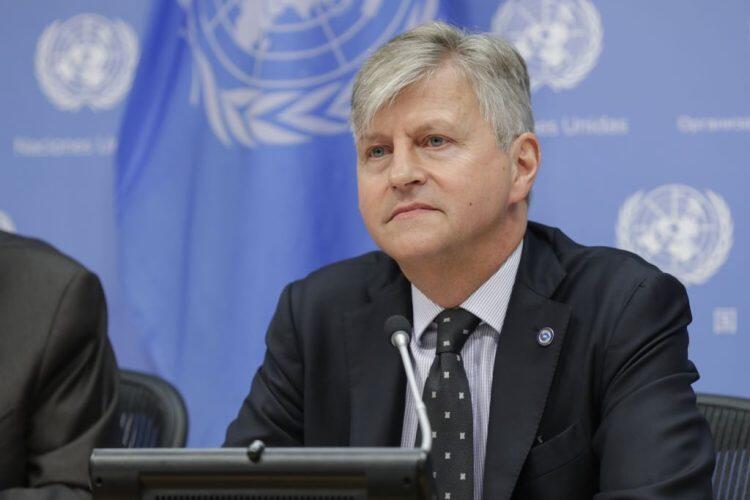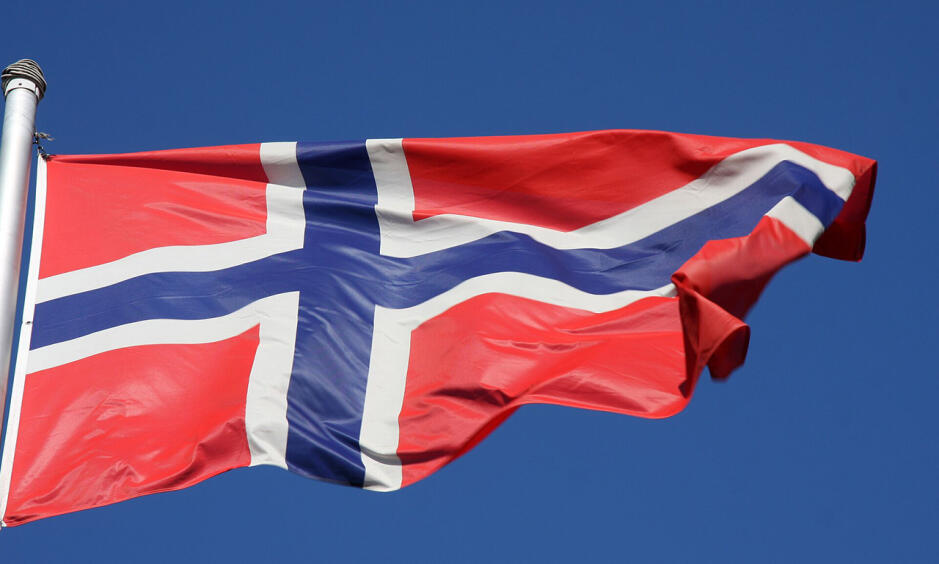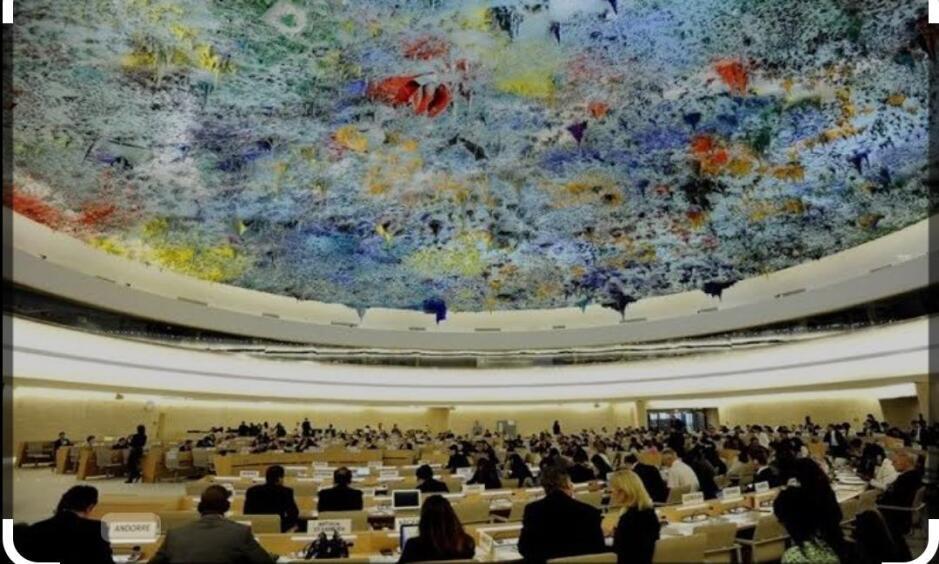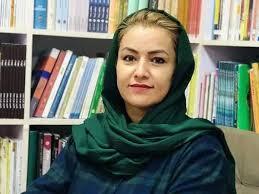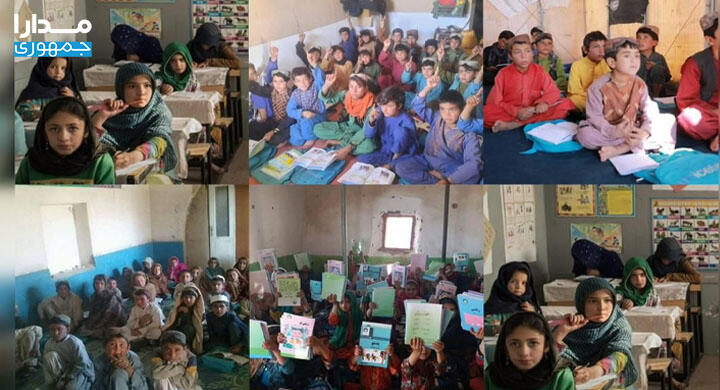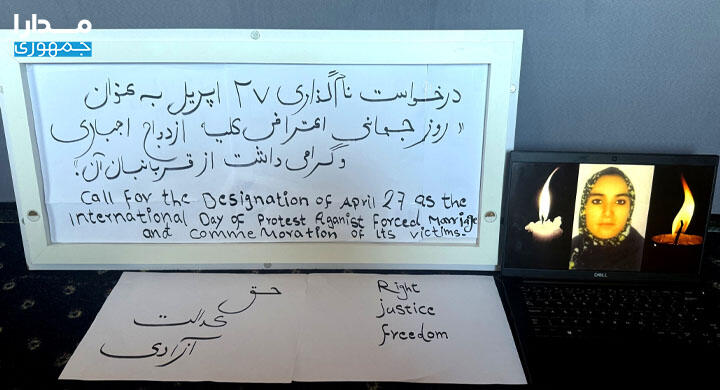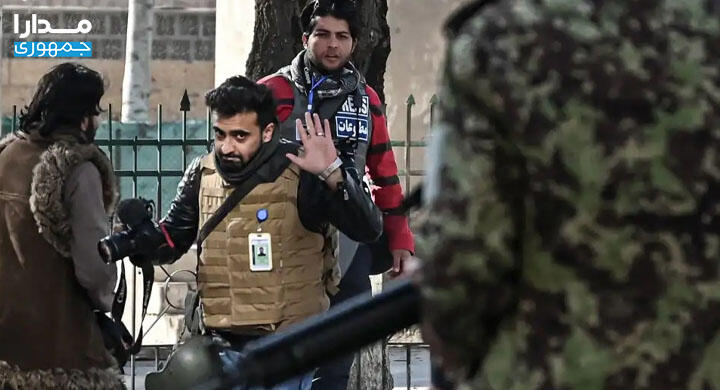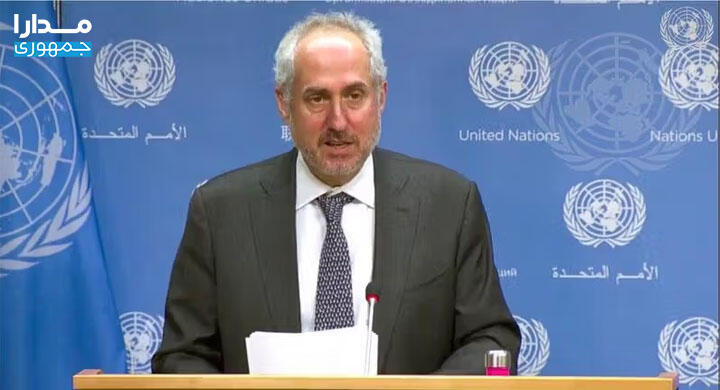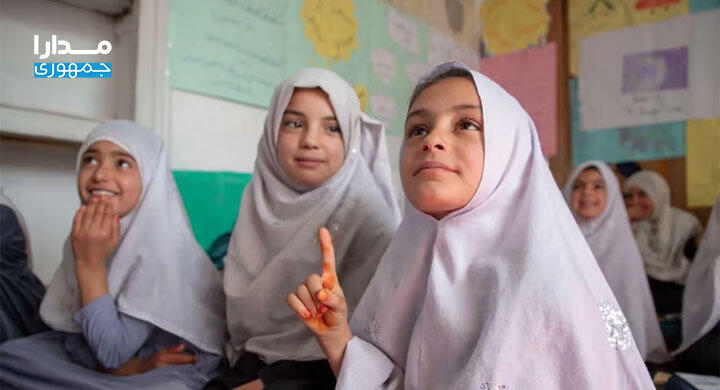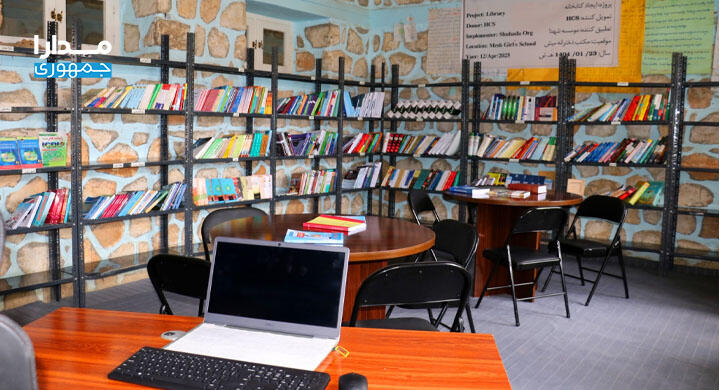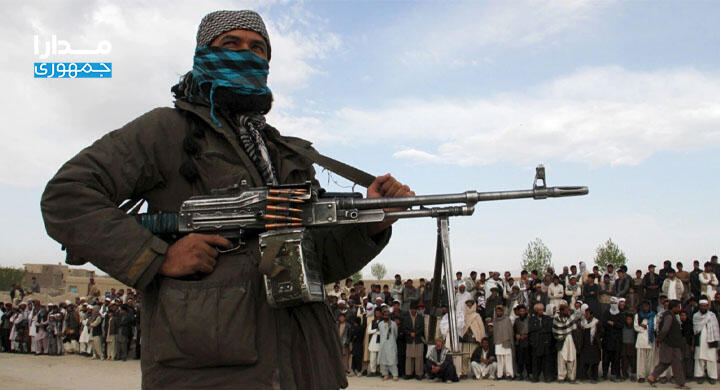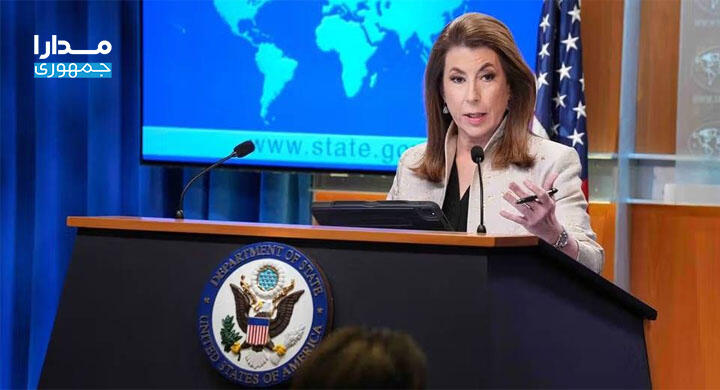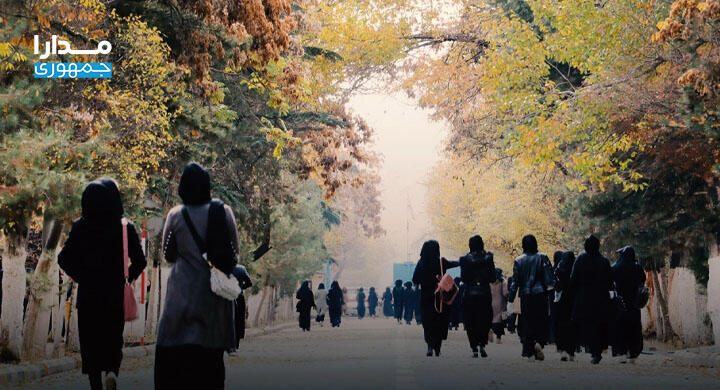Canadian International Council to Government: Systematic Persecution of Hazaras in Afghanistan Should Be Recognized as Genocide
-
Jumhuri Mudara
- May 20, 2025
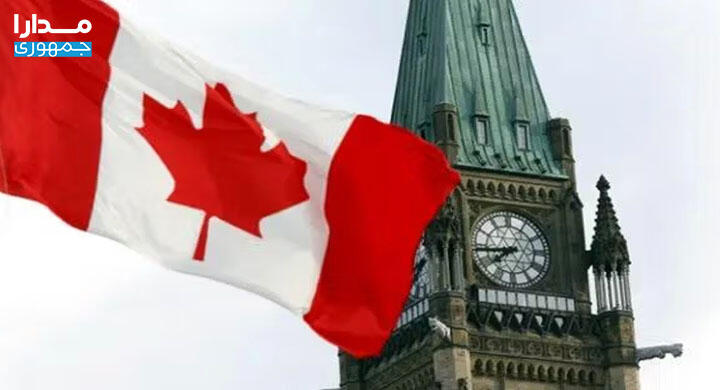
Jumhuri Mudara: The Canadian International Council, in a statement released yesterday (Monday, May 19), called on the Government of Canada to officially recognize the systematic persecution of the Hazara community in Afghanistan as genocide.
The Council emphasized that the ongoing and violent actions targeting this community align with the definition of genocide as outlined in the United Nations Convention.
The statement noted that since the Taliban’s takeover of Afghanistan in 2021, targeted attacks on Hazara-populated areas, school bombings, mass killings, forced displacements, severe restrictions on access to basic services, and widespread cultural and religious repression have continued in an organized manner. In just one instance, during a shooting in Daikundi district in September 2024, at least 14 people were killed and several civilians were injured.
The Canadian International Council described these actions not only as ethnic genocide but also as a form of gender-based violence. It specifically highlighted repeated attacks on girls’ schools in Kabul and severe restrictions placed on Hazara women, warning that the physical, cultural, and religious erasure of this minority is intensifying.
Drawing parallels between the plight of the Hazaras and that of the Rohingya minority in Myanmar, the Council pointed out that both groups are victims of crimes aimed at the systematic elimination of a specific community. While Canada officially recognized the genocide against the Rohingya in 2018, it has yet to do so in the case of the Hazaras.
However, in a rare move earlier in 2024, Canada’s Parliament took a significant step by recognizing the massacres of 1891–1893—during which more than 60 percent of the Hazara population was exterminated—as a historic genocide, and designated September 25 as a memorial day for the tragedy.
The Canadian International Council further urged the federal government not only to formally recognize the Hazara genocide but also to create a targeted resettlement program for Hazara and Rohingya refugees.
The Council also recommended allocating sustainable funding for humanitarian aid, establishing special educational pathways for genocide survivors, forming advisory bodies from diaspora activists, and appointing a special envoy for communities at risk of genocide.
This body warned that the continued silence of the international community in the face of these atrocities only paves the way for further violence and the complete annihilation of these minorities.
The Canadian International Council called on the Government of Canada to act as a global leader in human rights, to be the voice of victims, and to take concrete steps to prevent further genocide.
